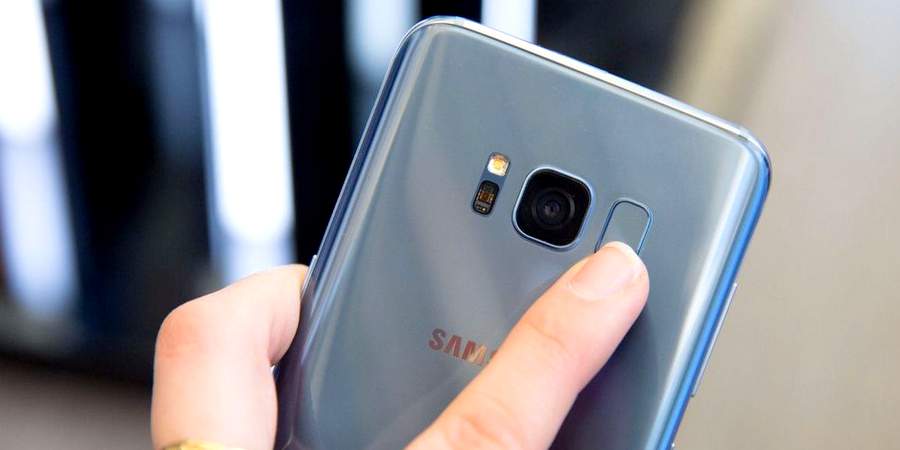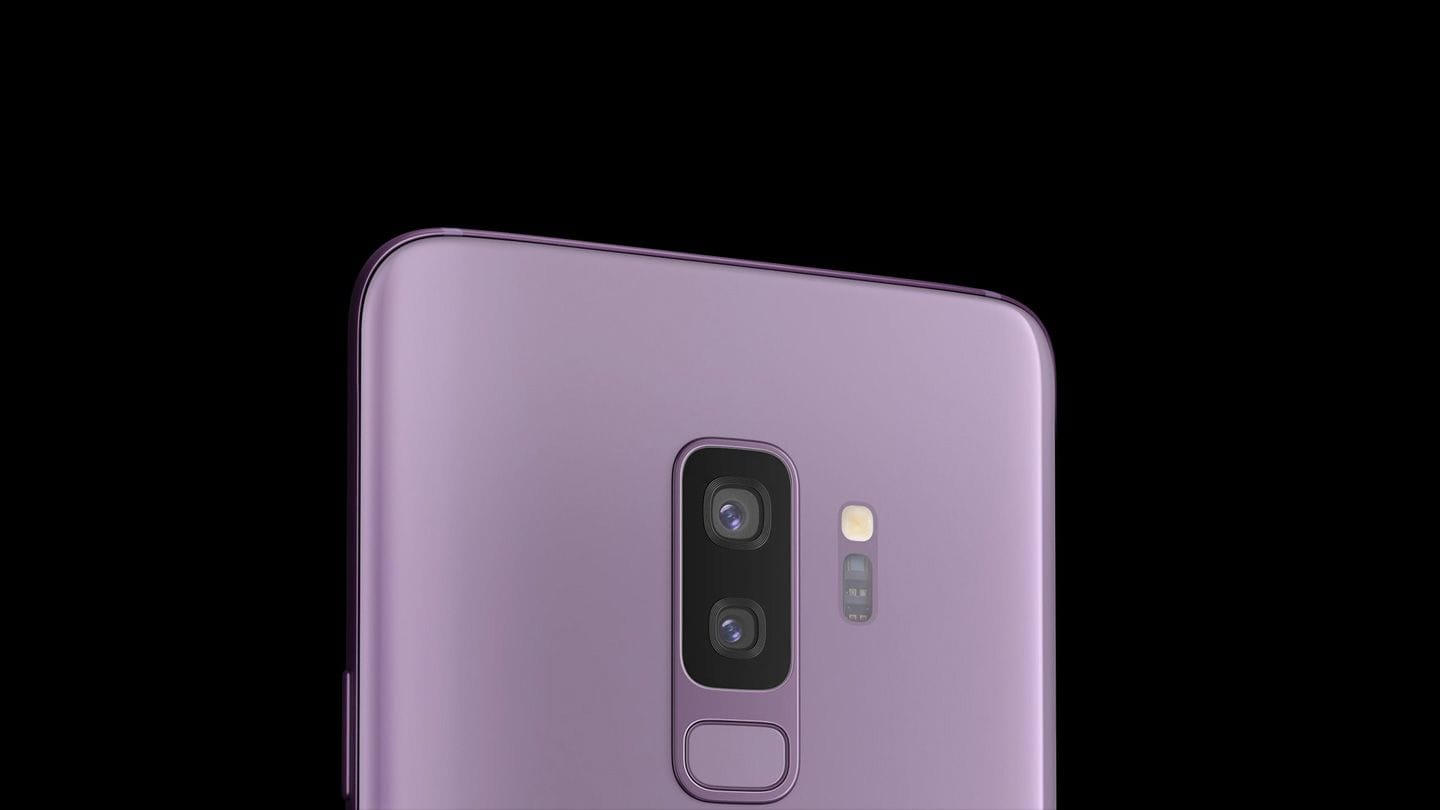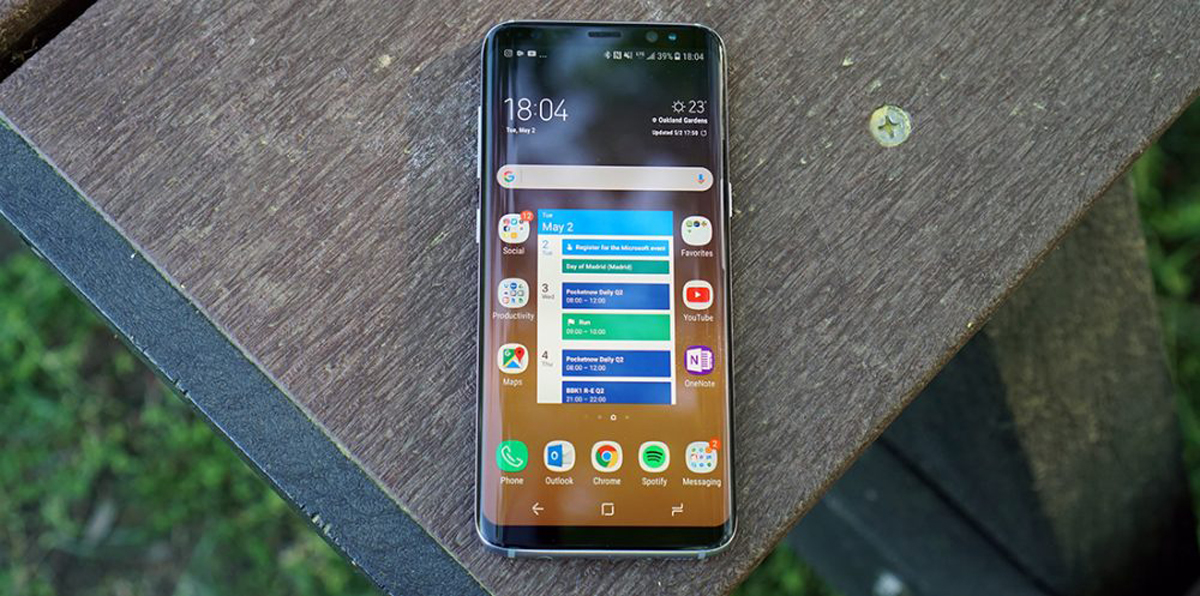Samsung unveiled the Galaxy S9 and the Galaxy S9 Plus last month at Mobile World Congress (MWC) in Barcelona and as expected they are not groundbreakingly innovative. They are rather iterative to the previous generation models from the inside, and a little from the outside.
The Galaxy S8 introduced a new design, ditching the physical button on the front which also acted like a fingerprint reader on the S7. The Galaxy S8, however, did put the fingerprint reader in an odd place, right beside the camera, which is very difficult to reach. However, Samsung made the fingerprint reader much more accessible on the Galaxy S9 by repositioning the reader to below the camera module.

Along with the bezel-less design, the Galaxy S8 also marked the increase in the size of the display compared to the Galaxy S7’s tiny 5.1 inch screen. The Galaxy S8 sports a 5.8 inch Super AMOLED display, the same panel used in the latest Galaxy S9. The company said that, there was no reason to upgrade the display, as it’s already very good, something that every tech specialist would agree to.
Neither did the camera on the Galaxy S9 receive a massive improvement in terms of quality; it uses a sensor of the same 12 megapixel count. There shouldn’t be much difference between the photos clicked on the Galaxy S8 and the S9. However, the Galaxy S9 Plus does offer something new, it sports a dual-camera setup while one of the sensor offers variable aperture.

The company offers two fixed (lol) aperture options, that is, f/1.5 and f/2.4, meaning users can shift to f/1.5 if they’re clicking pictures in a low-light area and to f/2.4 in brightly lit areas. I say the company offers two “fixed” options because none of the in-between aperture numbers can be used (as the sensor does the work mechanically). Nonetheless, it’s a good feature on paper but the practicality of it is yet to be seen.
Well, the Galaxy S9 and the S9 Plus also do sport the latest and the greatest hardware on the inside but both of them aren’t much different compared to the previous generation models and you could save a lot of cash by going for the Galaxy S8. In day-to-day use, in terms of performance the Galaxy S8 shouldn’t disappoint as it sports high-end internals even though they are a year old.
Also previously noted is, the fact that the cameras are not much different, however, one area where the Galaxy S9 is better is the placement of the fingerprint reader but honestly it shouldn’t be a big deal as the Galaxy S8 is expected to sell for a lot cheaper as soon as the S9 hits the stores. However, if you are a professional photographer and think that the variable aperture could help you shoot better pictures, then you should wait till full reviews hit the internet.


